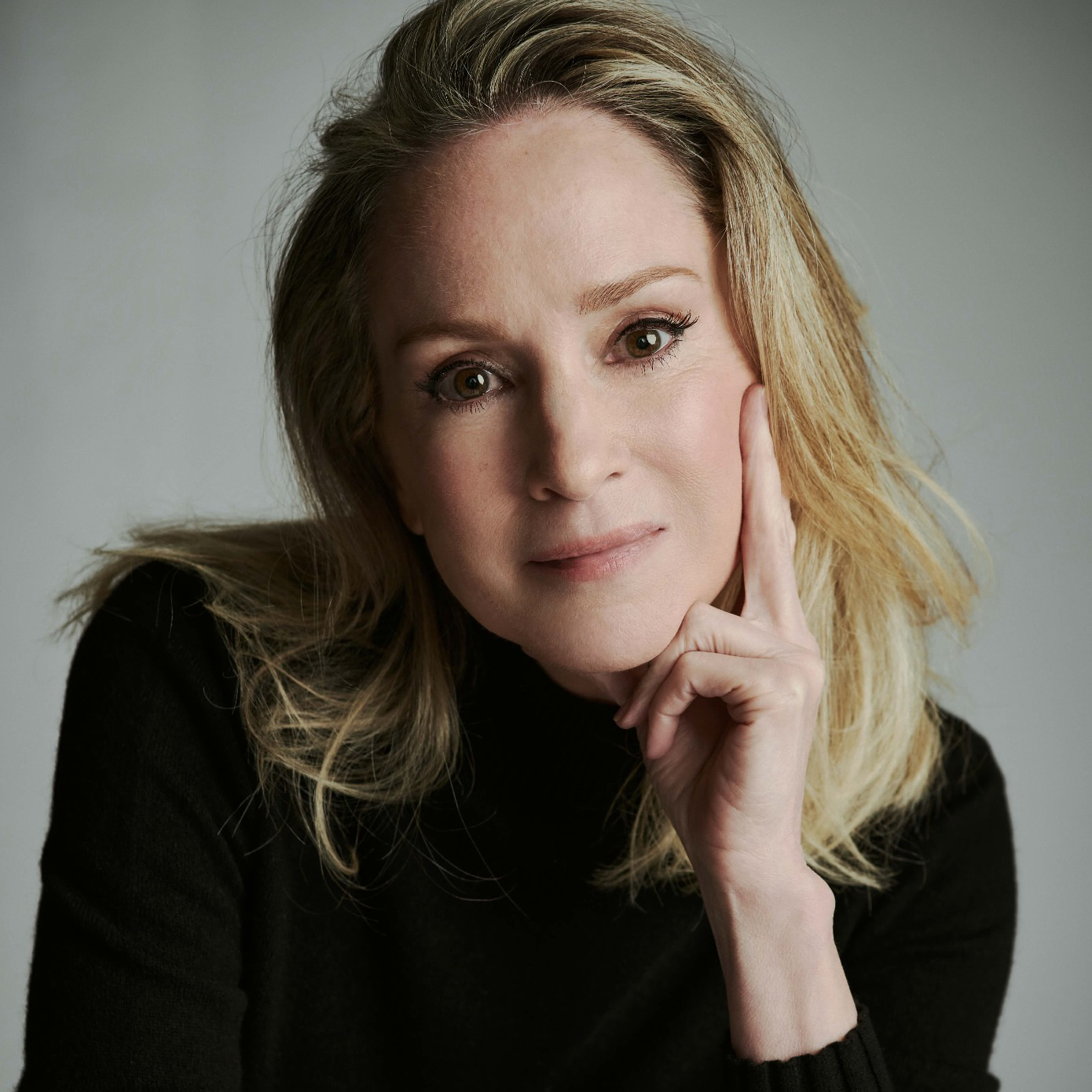
Is A.I. going to take over? What's the attention economy? Should I give my 4-year-old a phone? All valid questions. The speed of technological advancement can make it feel like devices, and the people who make them, are dictating their place in our lives, instead of the other way around. These days, inventing Facebook makes you an arbiter of federal elections. Buying Twitter and running it into the ground gets you a role in the White House. Being a tech user—particularly for digital-native generations—can make you feel like an expert in the field. But, all of these apps, algorithms, and attitudes come from somewhere, mean something, and operate on purposefully opaque parameters.
Here, we've compiled 14 books that offer clarity on those systems or a theoretical framework with which to approach what one writer calls our "technocracy." You'll find a book for every kind of reader, asking every kind of question.
For those looking to unplug: How to Do Nothing: Resisting the Attention Economy by Jenny Odell, 2019
Few books have been as perfectly timed as Jenny Odell’s 2019 manifesto, released just as the “attention economy” became the unequivocal foundation of modern commerce. For those who haven’t been trawling marketing forums and theory, the term refers to the idea that the most valuable commodity in our networked age is our attention. You get apps or other media for free because in exchange, you spend your time looking at ads or generating data that is then packaged and sold to a third party. These mechanisms extract value from you in often surreptitious and at times damaging ways (remember Cambridge Analytica?)—the most impactful act of resistance, argues Odell, is to log off.
For the canceled: So You've Been Publicly Shamed by Jon Ronson, 2015
Jon Ronson’s dispatch on public shaming hit stands like a bomb. In 2015, cancel culture was running rampant, and many among us still believed it to be a viable path toward cultural salvation. Perceived slights were afforded the same gravity and backlash as the #MeToo movement—I think we can all admit the digitized justice system became confused. Ronson takes the practice of orchestrated humiliation back to the colonial era, when it was an established punishment for wrongdoers. Online, its popularity has surged to both wildly successful and cruel effect. Ronson dutifully wades through these muddy waters.

For the activist: Twitter and Tear Gas: The Power and Fragility of Networked Protest by Zeynep Tufekci, 2017
In light of recent takeovers, bannings, and reprogrammings of the apps, Zeynep Tufekci’s account of digitally mobilized activists reads almost idealistic. It’s hard to believe that only a few years ago the unmissable Black Lives Matter movement was born on social media when Twitter, the namesake of Tufecki’s book, is now X—a borderline unusable app flooded with misinformation. The writer’s central argument only makes this loss feel more pronounced: Gone are the days of localized or mass media communication now that social media has taken over as the dominant channel for discourse. Twitter and Tear Gas is an essential tome for those looking to understand just how profoundly that shift has impacted the political sphere.
For the altruistic tech nerd: Automating Inequality: How High-Tech Tools Profile, Police, and Punish the Poor by Virginia Eubanks, 2018
In 2025, Virginia Eubanks award-winning account of the algorithms that dictate our social service systems could not be more timely. She investigates how they decide who is afforded access to housing, healthcare, and food stamps. She speaks intimately with those who have been denied each life-saving service, often based on nothing more than a blip in the predictive risk model handling their case. As A.I. settles in to remove the last vestiges of human touch from these programs, Eubanks's work emerges as a fitting reminder of the very real humans who will be impacted.
For the existential creative: Searches: Selfhood in the Digital Age by Vauhini Vara, 2025
For many years now, the rate of technological advancement has outpaced the publishing industry. In a few years time, the books that respond to modern inventions become less so lasting guides and more so time capsules of the anxieties and calls to action that defined the moment in which they were written. This year, that book appears to be Vauhini Vara’s Searches, out April 8. The writer has been there through it all—from acting as the Wall Street Journal’s first Facebook reporter to going viral in 2021 for asking A.I. to write an essay on her sister’s death. That piece forms the basis of Searches, an exploration of A.I.'s place in the creative realm.

For the unapologetic fangirl: Everything I Need I Get from You: How Fangirls Created the Internet as We Know It by Kaitlyn Tiffany, 2022
This is lighter fare relative to the rest of the list—as it recounts a shrine erected where Harry Styles once threw up on the side of the highway or follows Internet conspiracy theories to their baffling ends—but no less incisive. Here, Atlantic tech writer Kaitlyn Tiffany explores the impact of fandom on our networked channels. Circa early 2010s, it was fangirls who populated the apps we now spend our days on, establishing routes of communication that spread cross-country or even internationally based on nothing but genuine passion for Harry Potter, Justin Bieber, or, as Tiffany explores here, One Direction. Our lingo, our habits, our tech—we have the stans to thank.
For those who grew up on Google: Algorithms of Oppression by Safiya Noble, 2018
Safiya Noble’s Algorithms of Oppression started with a Google search. She discovered that “Black girls” returned pornography as a top result. “White girls” on the other hand, returns things like “79 cute ideas” on Pinterest and the critically acclaimed White Girls by author Hilton Als. The disparities Noble found while moving through the search engine became the basis for the UCLA associate professor’s doctoral thesis, and eventually her first book. The publication coined the phrase “algorithmic oppression” in its exploration of how the research tools we rely on reinforce discriminatory biases. Noble reaches as far and wide as Yelp and the Library of Congress. The book also led Google itself to tweak its algorithm, particularly for its “Black girls” search results.
For the chronically online: The Meme Machine by Susan Blackmore, 1999
Memes may seem newfangled, but they have their place in the annals of academia. Back in 1999, Susan Blackmore helped legitimize the study of memetics, first proposed in Richard Dawkins’s 1976 book The Selfish Gene. In its most basic form, a meme is a piece of cultural information passed through social channels and replicated ad infinitum. Dawkins compared it to the Darwinian principles of evolution, and Blackmore takes this one step further by fleshing out the meme in relation to language, sex, the Internet, and the self. In the digital age, the meme is foundational to understanding communication, and reading some relevant theory will help add a bit of gravitas to your next photo dump.

For those who are confused about what artificial intelligence even is: The Alignment Problem by Brian Christian, 2020
A.I. technology is developing at the speed of light, but Brian Christian’s account of the field is a solid choice for those who want to get caught up. The book is cut into three sections, the first taking us through the history of A.I. research. Christian elucidates the benefits and issues with implementing A.I.’s independent generation of data before moving on to more theoretical fare in the second and third sections. He compares human bursts of dopamine to computer science’s reinforcement learning and puts A.I. up against the tenets of effective altruism, which argues in favor of prioritizing the most good for the most people, outliers be damned. Is this, perhaps, the best we can hope for from our new, digitized overlords?
For the old heads: Understanding Media: The Extensions of Man by Marshall McLuhan, 1964
This is the book that coined the phrase “the medium is the message,” an idea as prescient today as the day it was penned in 1964. McLuhan here takes readers through a litany of his theories as they relate to the media that surrounds us: a genre he extends as broadly as light bulbs and cars. The text is at times dense, but most important is its ability to shift one’s thinking away from the content of media to the implications of its form. Reading a book is inherently different from watching a video on TikTok, but how? Each new development of technology retains some influence from its predecessors and McLuhan digs into the flow of one to the next, the parameters of each, and even gets as far as the first inklings of the Internet in this foundational text.
For those who still get their news on Facebook: Doppelganger by Naomi Klein, 2023
Naomi Klein is a left-wing feminist writer. You could have said the same of Naomi Wolf until 2014, when her writing took a turn toward conspiracies. She was ultimately banned on Twitter for spreading misinformation about vaccines (she later rejoined X to incorrectly assert that MLK was a convicted felon). In Doppelganger, Klein relays her experience of frequently being mistaken for Wolf before expanding her into the many other blurred lines of the Internet. A.I. content is confused for man-made, fiction is mistaken for truth, wellness lifestyle content is taken for medical fact. Klein wonders aloud if we can close the distance between our digital and physical selves, or between the distorted reality we see reflected online and the one that surrounds us.

For the self-aware influencer: Extremely Online The Untold Story of Fame, Influence and Power on the Internet by Taylor Lorenz, 2023
Taylor Lorenz is a leading reporter on Internet culture (a growing field these days) as a recurring fixture at The Washington Post, Atlantic, and New York Times. In her debut book, she chronicles the rise of influencer culture. Once thought of as a slightly embarrassing gaff, influencers now make up a significant portion of companies’ advertising budgets, and an even bigger portion of the content we consume on a daily basis. Lorenz traces their rise back to mommy bloggers and then up to the TikTok teens. Follow along as “influencer” becomes a veritable response to the age-old question, “What do you want to be when you grow up?”
For the dinner table political theorist: Technopoly: The Surrender of Culture to Technology by Neil Postman, 1992
There’s a lot of discourse being bandied about right now on whether the U.S. is a democracy, an oligarchy, or a dictatorship. Well, how about a "technopoly"? Neil Postman coined the phrase in his 1992 publication to refer to a society in which technology itself is deified, giving direction instead of receiving it from its human counterparts. A good case could be made that we have devolved into such a culture—this early '90s text almost reads as a predecessor to Automating Inequality, also featured on this list. A technopoly arises when technology is invented that argues it can “think better than we can”—a dangerous but steadily growing claim.
For the parent whose kid is "always on their damn phone": The Anxious Generation: How the Great Rewiring of Childhood Is Causing an Epidemic of Mental Illness by Jonathan Haidt, 2024
Whether you find fault in technology or the economy or some other all-powerful force, one thing is undeniable: Our youngest generations are more anxiety-riddled than ever before. Here, Jonathan Haidt makes a compelling case for the influx of technology playing a major role. He circles back to the 2021 Facebook Leak, in which documents showed Meta’s statistical knowledge of its product's harm to young users. He further cites sleep deprivation, social deprivation, and fewer opportunities for kids to face real-world challenges as pertinent issues. “The anxious generation” has become a turn of phrase, and though the publication has been at the center of much debate over the angle of its research and underlying political views, the 52-week bestseller is undoubtedly at the center of the evolving conversation around tech's impact on future generations.





